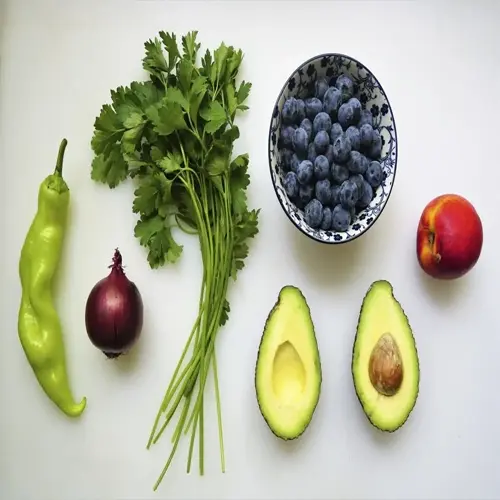Are fats beneficial after training?

Written by
Chen Jialiang
Reviewed by
Prof. Graham Pierce, Ph.D.Eating healthy fats is often misconstrued as unimportant to the post-workout recovery process. Many athletes avoid fats for fear that their absorption capabilities will affect the timely absorption of other nutrients. While this is true, it is also known that moderate amounts of the healthy fats from quality sources actually aid in recovery. These fats protect against inflammation and help assist the absorption of vitamins and the production of certain hormones, all without sacrificing protein utilization.
Anti-Inflammatory Effects
- Omega-3s reduce exercise-induced muscle inflammation
- Decreases delayed onset muscle soreness (DOMS)
- Speeds return to training readiness
Nutrient Absorption
- Enables absorption of fat-soluble vitamins A, D, E, K
- Improves phytonutrient uptake from plant foods
- Supports mineral assimilation for muscle function
Hormone Support
- Provides cholesterol for testosterone production
- Balances cortisol levels post-exercise
- Regulates insulin sensitivity with other macros
Schedule your fat intake. Add fats to your primary recovery meal within 1 to 2 hours of working out rather than immediately. This makes room for the fast-digesting protein or carbohydrates to initiate their repair process, and the fats will help ensure the lingering benefits of this recovery process. For example, I add avocado to my post-lunch salad after morning workouts.
Combine fats with other nutrients wisely. Pair chia seeds rich in omega-3 with protein powder (to reduce inflammation). Likewise, combine olive oil in meals rich in vegetables, as it enhances the absorption of other antioxidants. I recommend walnuts with Greek yogurt to balance recovery nutrition, covering all macros.
Please don't overdo it with fat intake. Maintain 10-15g of fat per recovery meal to prevent a slowed gastric emptying. Measure your servings by quantity (e.g., one tablespoon of nut butter or a quarter cup of olives). My athletes report a better recovery when fat ingestion accounts for less than 20% of the calories consumed post-event.
Prioritize quality over highly processed fats. Whole-food sources of healthful fats, such as nuts and seeds, include both fiber and minerals that oils lack. I prefer to eat salmon rather than take omega-3 supplements. This pattern of eating provides enveloping nutrition and benefits beyond isolated fats.
Read the full article: Post Workout Nutrition: Ultimate Guide for Recovery

